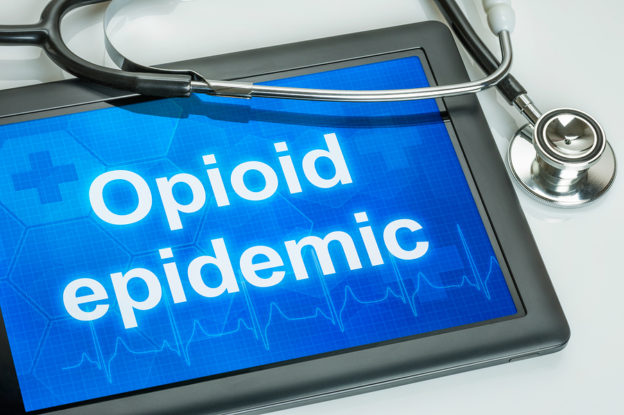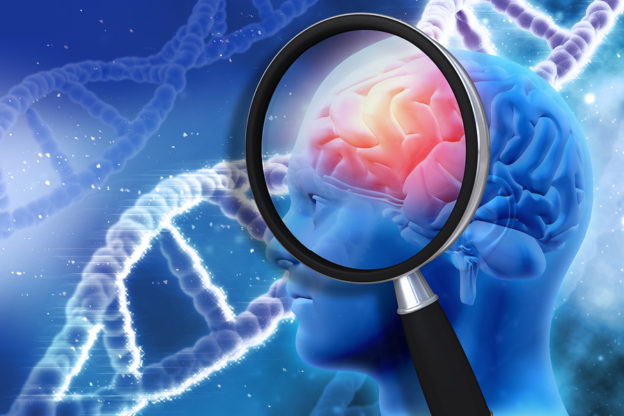The results of a new study, which have been published in Molecular Psychiatry, show that a portion of the brain’s reward system is blunted when a person becomes addicted to alcohol. This effect continues even after long periods of abstinence.
The researcher’s findings demonstrate that those living with an addiction to alcohol release fewer endorphins in their brain when compared to a control group. The new study found similar results to a previous study performed by the team, which looked at gambling addicts’ endorphin levels.
How are Endorphins Affected by Alcohol?
Endorphins are the body’s “feel good” chemical messengers. They are released when we engage in enjoyable activities, such as listening to music, eating chocolate or playing with a pet. Physical activity also causes the brain to release endorphins.
The researchers used Positron Emission Tomography (PET), a specialized type of scan that shows the chemical messengers’ movements. Their goal was to increase understanding of how the brain’s endorphins change with alcohol addiction.
Study Participants had History of Alcohol Abuse
Thirteen people with alcohol abuse issues, who weren’t drinking at the time of the study, underwent PET scans. One scan was taken before and one after receiving a small dose of the ADD medication dexamphetamine to stimulate their endorphin system. The control group for the study was 15 people who didn’t have a history of addiction.
The group with alcohol abuse issues released “significantly less endorphins” than the control group. The reduced level of endorphins didn’t change, even after long periods of time without drinking alcohol.
First Time Lower Endorphin Release Linked to Alcohol Addiction
This is the first time that lower endorphin release has been shown in people with alcohol addiction. The findings are similar to an earlier study conducted on participants with a history of gambling addiction, which suggests that low endorphin production is something common to those living with other addictions.
The study results didn’t indicate whether this dysfunction of the brain’s reward system is a result of the addiction or was present before the addiction took hold. The researchers are also unclear whether lower endorphins are present in people who are at higher risk for developing an addiction.




